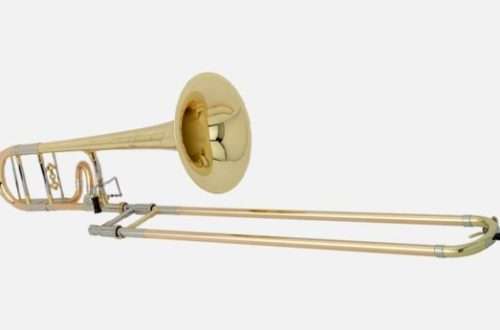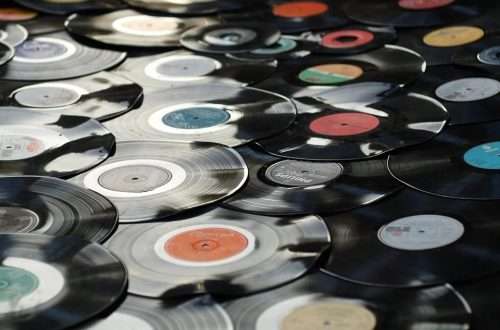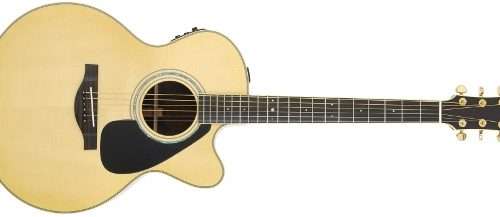
Classical or electric violin – which instrument is better for me?
Are you a fan of the violin sound, but are you interested in sharper sounds?

Do you play concerts in the open air and have a problem with the sound of your classic instrument? Perhaps this is the right time to buy an electric violin.
The electric violin is devoid of a sound box and the sound is generated by a transducer that converts the vibrations of the strings into an electrical signal sent to the amplifier. In short, the sound is not acoustically generated in any way, but electrically. These violins have a slightly different sound than classical violins, but they are perfect for popular music, jazz and especially for outdoor concerts.
Yamaha produces a great electric violin in various price options, it is a reliable and solid product. The Silent Violin, as this instrument is called, is extremely popular with established entertainment musicians
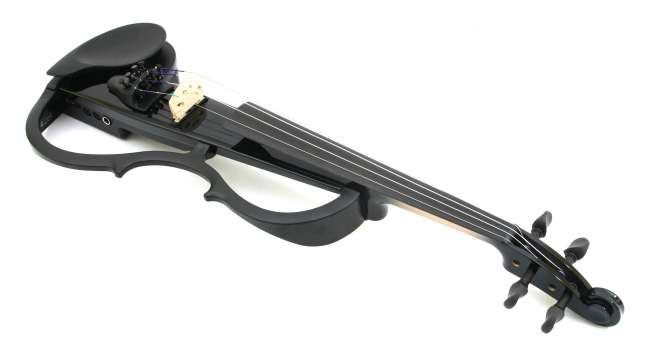
The more expensive models differ in weight, material used, the number of effects as well as additions such as an SD card slot, tuner and metronome. A built-in equalizer may also be useful, thanks to which the violinist can control and change the timbre of the instrument, without the need to interfere with the amplifier or mixer. The Yamaha SV 200 has such a facility.
However, the SV 225 model is particularly interesting due to the presence of five strings with the lower C, thus expanding the scale of the instrument and improvisation possibilities. It is also worth getting to know the interesting NS Design models, and if you want to start with something a bit cheaper, you can look at the shelves of the German manufacturer Gewa, but among the latter I recommend instruments with ebony, not composite, neck. These are not models with the best sonic qualities, but if we need something at the beginning and want to check if the electric violin is right for us, it will work well in its role. Rather, the cheapest models with an inverted S-frame should be avoided.
It does not resist the strong tension of the strings, which distorts and the strings “tighten” and bend the neck. Such damage is unfortunately irreversible. Every instrument, even an electric one, should be carefully inspected once in a while for structural deviations to prevent permanent damage. Electric violins also need proper care, it is important to clean the rosin pollen each time so that no contamination does not get into the small parts of the instrument.
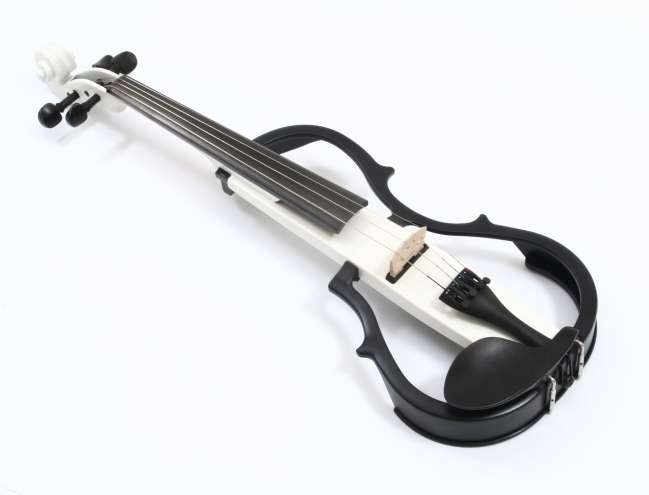
However, if you are in favor of a more complete, classic acoustic violin sound, there are also some intermediate solutions. Nowadays, a whole range of specialized microphones and attachments for string instruments are available on the market, which, while maintaining the original sound, transfer their acoustic sound to the amplifiers. For fans of the entertainment game, however, who often play in their souls Mozart’s music and beautiful melodies of Tchaikovsky, I recommend this solution. Classical violin with appropriate sound system will fulfill its role well in popular music. On the other hand, the sound of an electric violin will never be a suitable material for the performance of works by Viennese classics and great romantic composers.
I recommend the purchase of classical (acoustic) violins to those who are starting to learn to play. The specificity of such an instrument will allow you to reliably master the techniques of violin playing, control the sound and its timbres, which in the case of playing only the electric violin may be a bit distorted. Despite the similar way of producing the sound, it is believed that the classical violinist will play with the electrics with great ease, but the entertaining violinist will not play with the classical ones. Therefore, in the early stages of learning, it is recommended to master the basics of a classic instrument with a resonance body, which in the future will certainly pay off with good technique and ease of playing the electric violin.
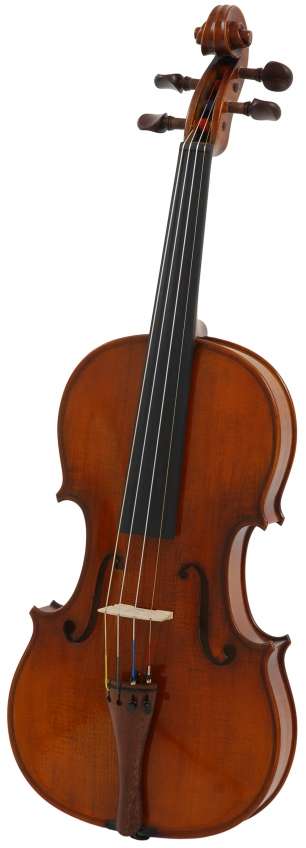
To create a good-sounding electro-acoustic instrument from your classic violin, you only need to buy the appropriate microphone and amplifier. Depending on individual needs, for recording string instruments, it is recommended to use large diaphragm microphones (LDM), which are not as sensitive to hard sounds (as in the case of speech diction) and will not emphasize the grinding and unnecessary noises. Small diaphragm microphones are better for an ensemble when competing with other instruments. For experiments with effects or playing outdoors, the pickups mounted on the instrument are better suited, preferably without the interference of violin makers, so as not to damage the violin. The weight of such equipment is also important. The greater the load we put on an acoustic instrument, the greater the loss in sound we will incur. We should also avoid buying unproven, cheapest devices, because we can unpleasantly surprise ourselves with a very unpleasant, flat sound. Even a very good instrument with the wrong microphone will sound unfavorable.
The final choice of instrument always depends on the needs, financial capabilities and intentions of each musician. The most important thing, however, is the sound and comfort of work. Buying an instrument is an investment for several, sometimes even several years, so it is better to avoid future problems and choose the equipment wisely on which we will work. If we cannot afford to buy both, we’d better choose an acoustic violin at the beginning, and the time will come for an electric one. The most important thing is a good workshop and a pleasant sound.



